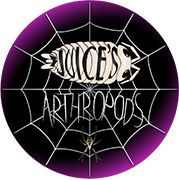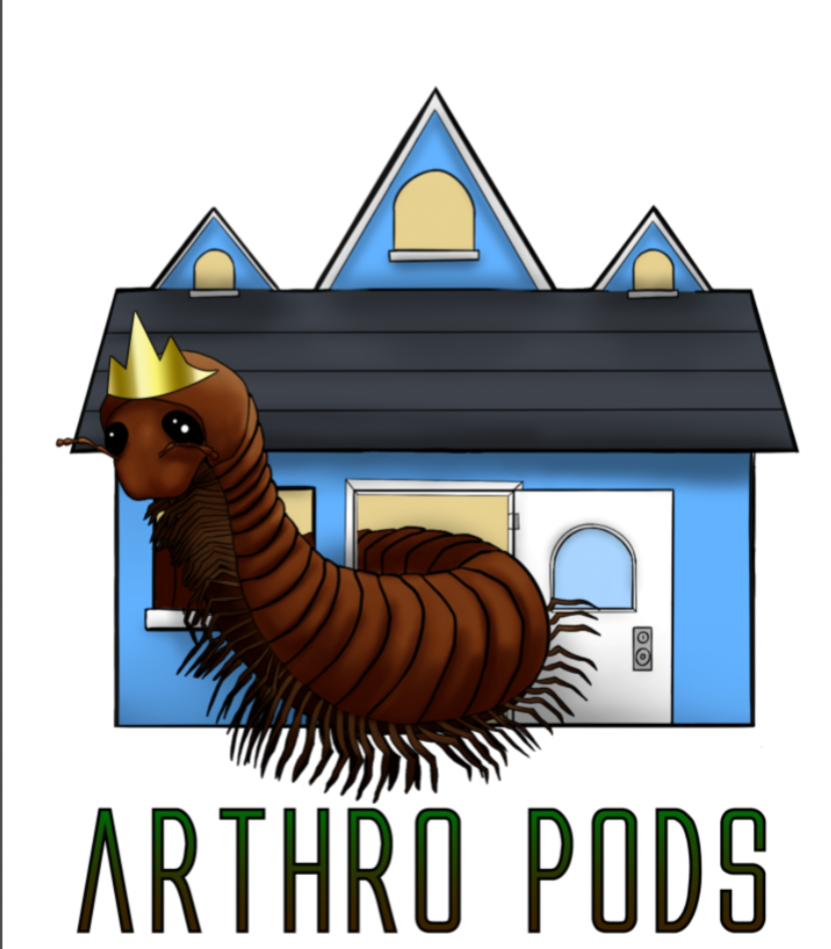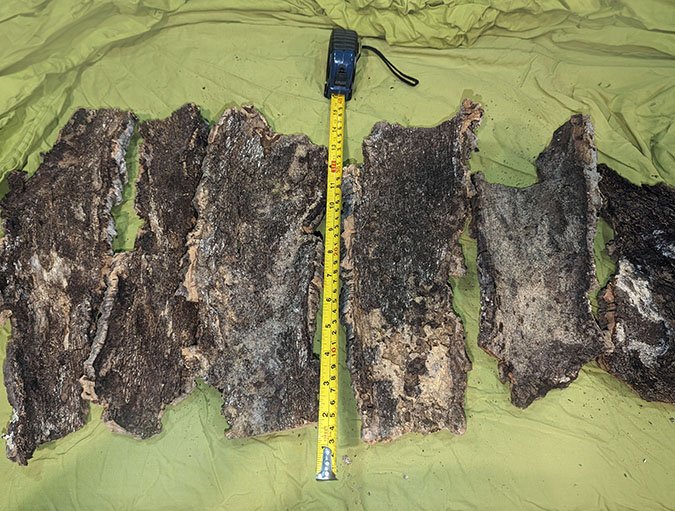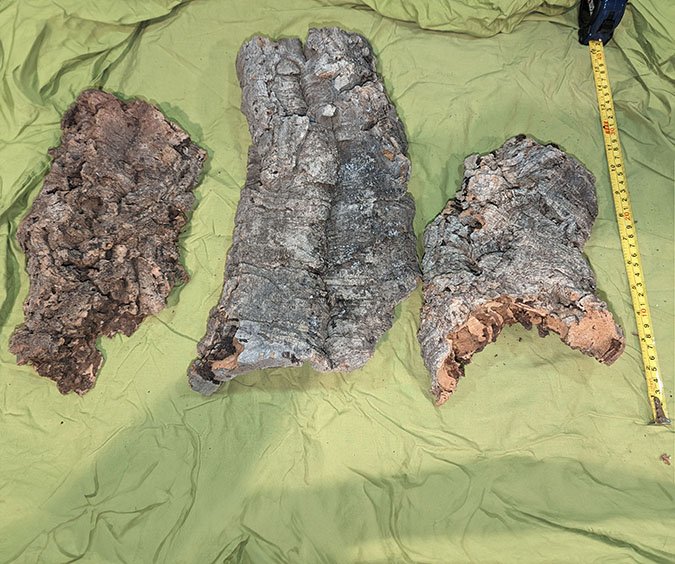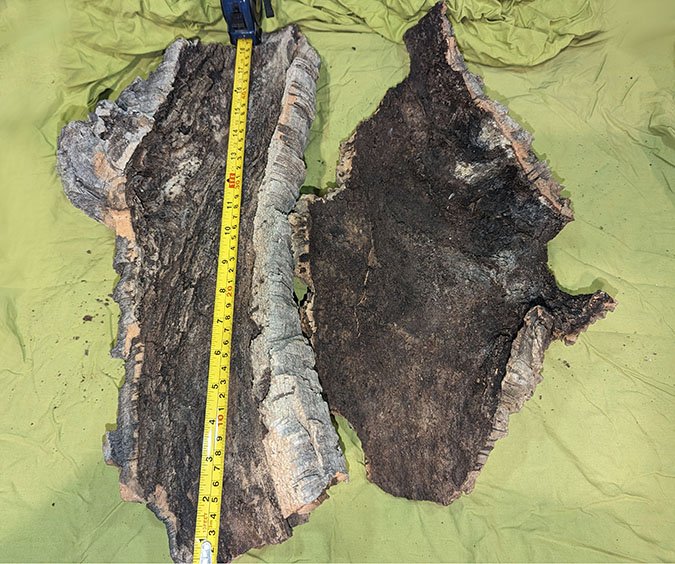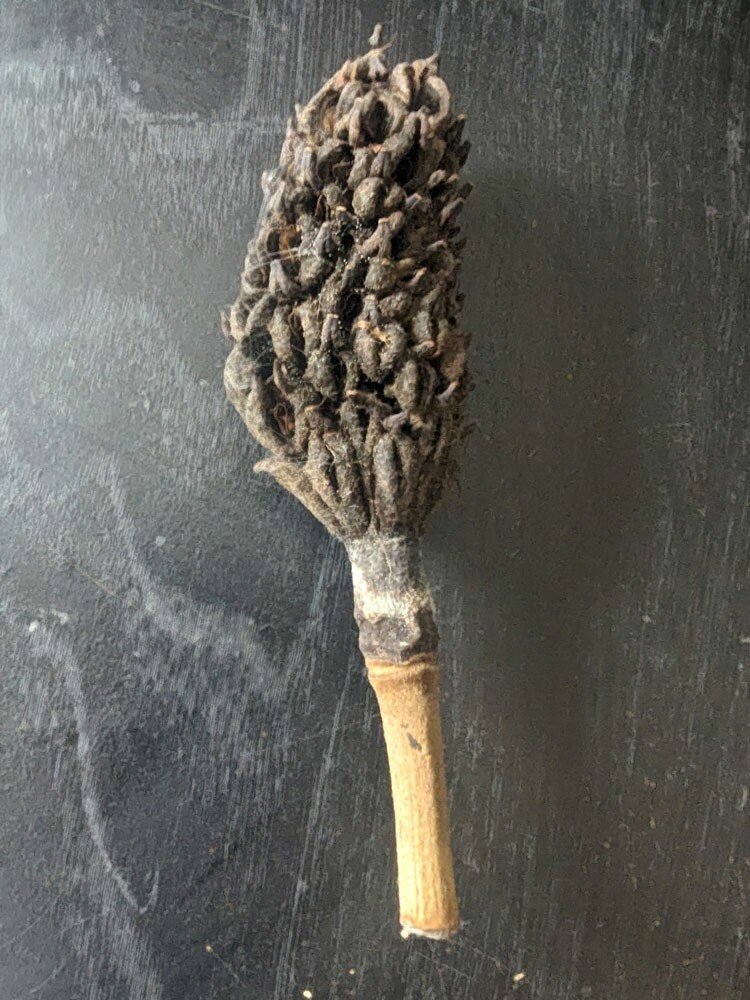 Image 1 of
Image 1 of


Magnolia Seed Pods (Sanitized)
Magnolia Seed Pods offer functional and aesthetic value and are a versatile and enriching addition to any bioactive enclosure. Naturally durable and slow to break down, these seed pods provide excellent microhabitats and climbing surfaces for small invertebrates like isopods, springtails, and beetles. Their unique texture and structure offer shelter, hiding spots, and breeding areas, encouraging natural behaviors in your clean-up crew.
As they decompose over time, Magnolia seed pods contribute to the biological health of the substrate by supporting microbial and fungal activity. This gradual breakdown releases organic material back into the soil, enriching the micro-ecosystem and aiding in nutrient cycling. Whether used in tropical, temperate, or even semi-arid enclosures, Magnolia seed pods enhance your bioactive setup's function and natural look.
Magnolia Seed Pods offer functional and aesthetic value and are a versatile and enriching addition to any bioactive enclosure. Naturally durable and slow to break down, these seed pods provide excellent microhabitats and climbing surfaces for small invertebrates like isopods, springtails, and beetles. Their unique texture and structure offer shelter, hiding spots, and breeding areas, encouraging natural behaviors in your clean-up crew.
As they decompose over time, Magnolia seed pods contribute to the biological health of the substrate by supporting microbial and fungal activity. This gradual breakdown releases organic material back into the soil, enriching the micro-ecosystem and aiding in nutrient cycling. Whether used in tropical, temperate, or even semi-arid enclosures, Magnolia seed pods enhance your bioactive setup's function and natural look.
Magnolia Seed Pods offer functional and aesthetic value and are a versatile and enriching addition to any bioactive enclosure. Naturally durable and slow to break down, these seed pods provide excellent microhabitats and climbing surfaces for small invertebrates like isopods, springtails, and beetles. Their unique texture and structure offer shelter, hiding spots, and breeding areas, encouraging natural behaviors in your clean-up crew.
As they decompose over time, Magnolia seed pods contribute to the biological health of the substrate by supporting microbial and fungal activity. This gradual breakdown releases organic material back into the soil, enriching the micro-ecosystem and aiding in nutrient cycling. Whether used in tropical, temperate, or even semi-arid enclosures, Magnolia seed pods enhance your bioactive setup's function and natural look.
Getting Started with Bioactive?
Creating a bioactive enclosure is an excellent way to provide your reptile or arthropod with a naturalistic, self-sustaining habitat. By mimicking natural ecosystems, bioactive setups utilize living organisms to help manage waste, support plant growth and maintain overall enclosure health. For beginners, setting up a successful bioactive enclosure starts with choosing the right substrate tailored to the species’ environmental needs.
For moisture-dependent species such as many tarantulas and invertebrates, a substrate like Terry’s Topshelf Bioactive Blend provides ideal moisture retention, structure, and microbial support through a mix of peat moss, sandy loam, composts, sand, and vermiculite. For arid-dwelling species, Terry’s Arid Arachnid Blend includes calcium-bearing clay, which helps maintain substrate integrity and supports springtail populations in otherwise dry conditions. For enclosures focused on detritivores or overall decomposition, Royal Soil offers a rich blend of organic matter, composts, and wood pulp to promote a thriving biological soil environment.
Want to learn more? Check out our Bioactive for Beginners article.
